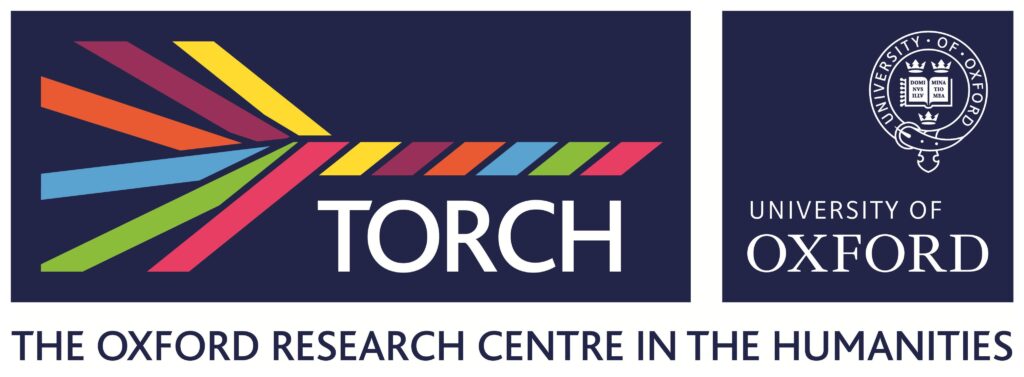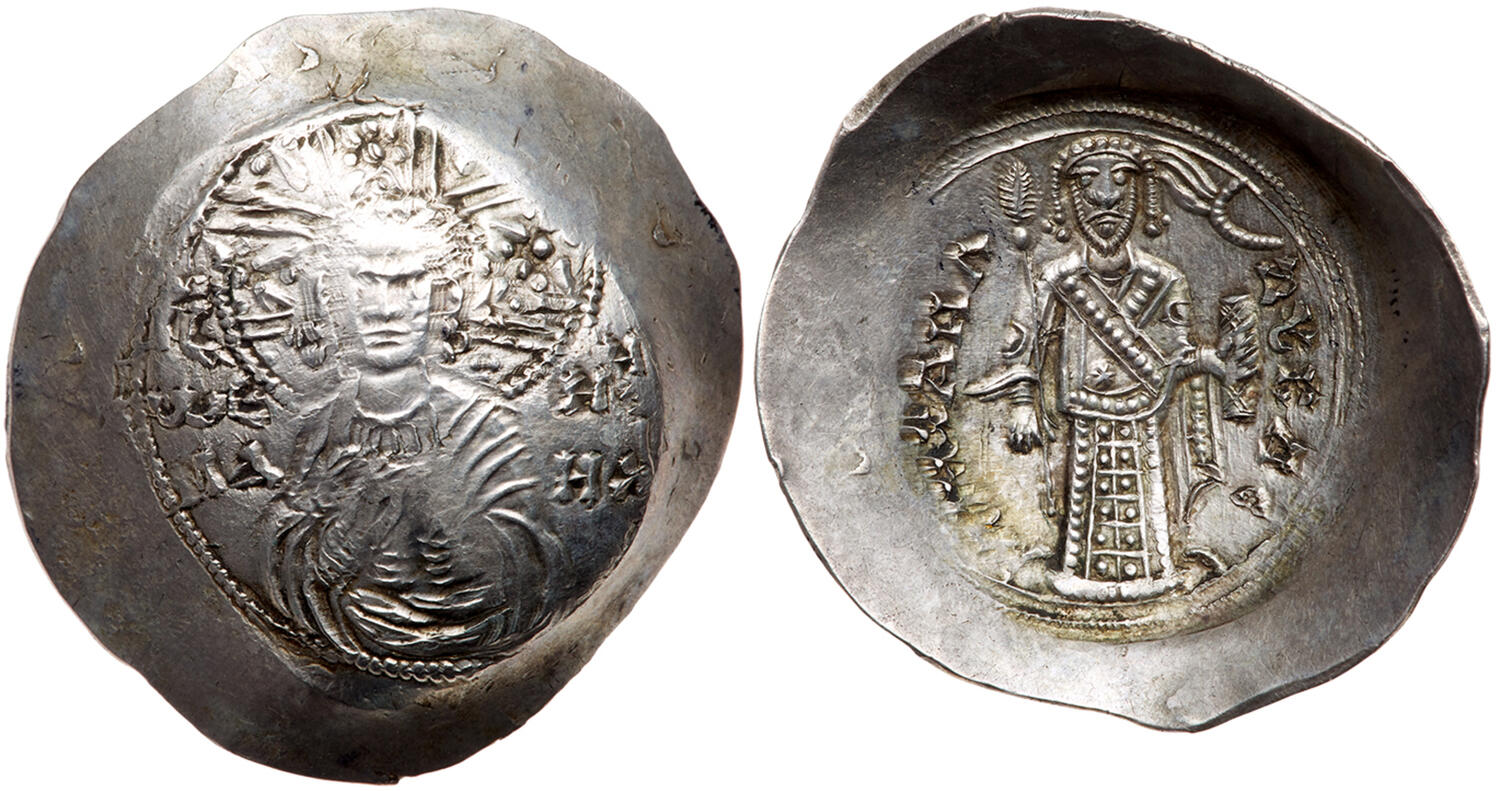Friday 8th – Saturday 9th November 2024, Virtual Workshop
For close to two and a half centuries, the state of Epiros represented a crucial node for an alternative socio-political network of the Balkans. Founded by the illegitimate son of the union of three imperial Byzantine dynasties, at its largest extent Epiros assumed the title of ‘Empire of the Romans’ and campaigned to the very walls of Constantinople. Defeated but not destroyed in 1230, Epiros persisted in its autonomy through the strength of its ties. Bound by either marriages or confession to Italians, Serbians, Bulgarians, Vlachs and Albanians, and more, Epiros continued to exist as an alternate, moved Byzantium that understood its reunification of the former provinces of the Byzantine Balkans to be a retaking and preservation of ‘the West’, a term with which it also self-identified. Transitioning in the fourteenth century to Albanian and later Italian rule, Epiros’ role as a centre of multi-ethnic exchange and independence created a legacy that exists today.
This workshop seeks to gather leading research across multiple fields to discuss the places and peoples which were either part of or engaged with this Epirote Western Rome. Following two successful panels at Kalamazoo and Leeds International Medieval Congresses, supported by the Oxford Centre for Byzantine Research, this hybrid workshop calls upon scholars to present from multiple specialisms. One of the reasons Epiros and its neighbours in the period of the Principality, Empire, and Despotate have remained so poorly studied has been the reliance upon century-old editions and a reluctance to publish in translation. Therefore, we envision not only a proceedings volume from this workshop but additionally the creation of a ‘sourcebook’ for Epirote Western Rome and its surrounding states which presents both papers and the key materials for its study in English translation with critical edition as necessary.
Potential topics for study include but are not limited to: History, Archaeology, Epistolography, Art History, Ethnic/Identity Studies, Spatial and Topography Studies, Numismatics, Network Studies, Sigillography, Ecclesiastical Studies, Manuscript Studies, Environmental History, Philology and Vernacular Studies. Papers should be twenty minutes long, allowing ten minutes for questions, and shall be delivered in English. Please email abstracts of 300 words to Nathan Websdale by Saturday 17th August 2024.
Organisers: Nathan Websdale (Oxford), Evangelos Zarkadas (Rhode Island).
Header image: Michael I Komnenos Doukas Angelos. Silver Aspron Trachy (3.54 g), ca. 1210. Mint of Arta. Nimbate bust of Christ Emmanuel facing, raising hand in benediction and holding Gospels. Reverse: + MIXAHΛ ΔECΠE, Michael standing facing, holding scepter and akakia; above to right, manus Dei. DOC 1; SB 2227 Extremely rare.
In association with the Oxford Centre for Byzantine Research (OCBR) and Oxford Medieval Studies, sponsored by The Oxford Research Centre in the Humanities (TORCH).


